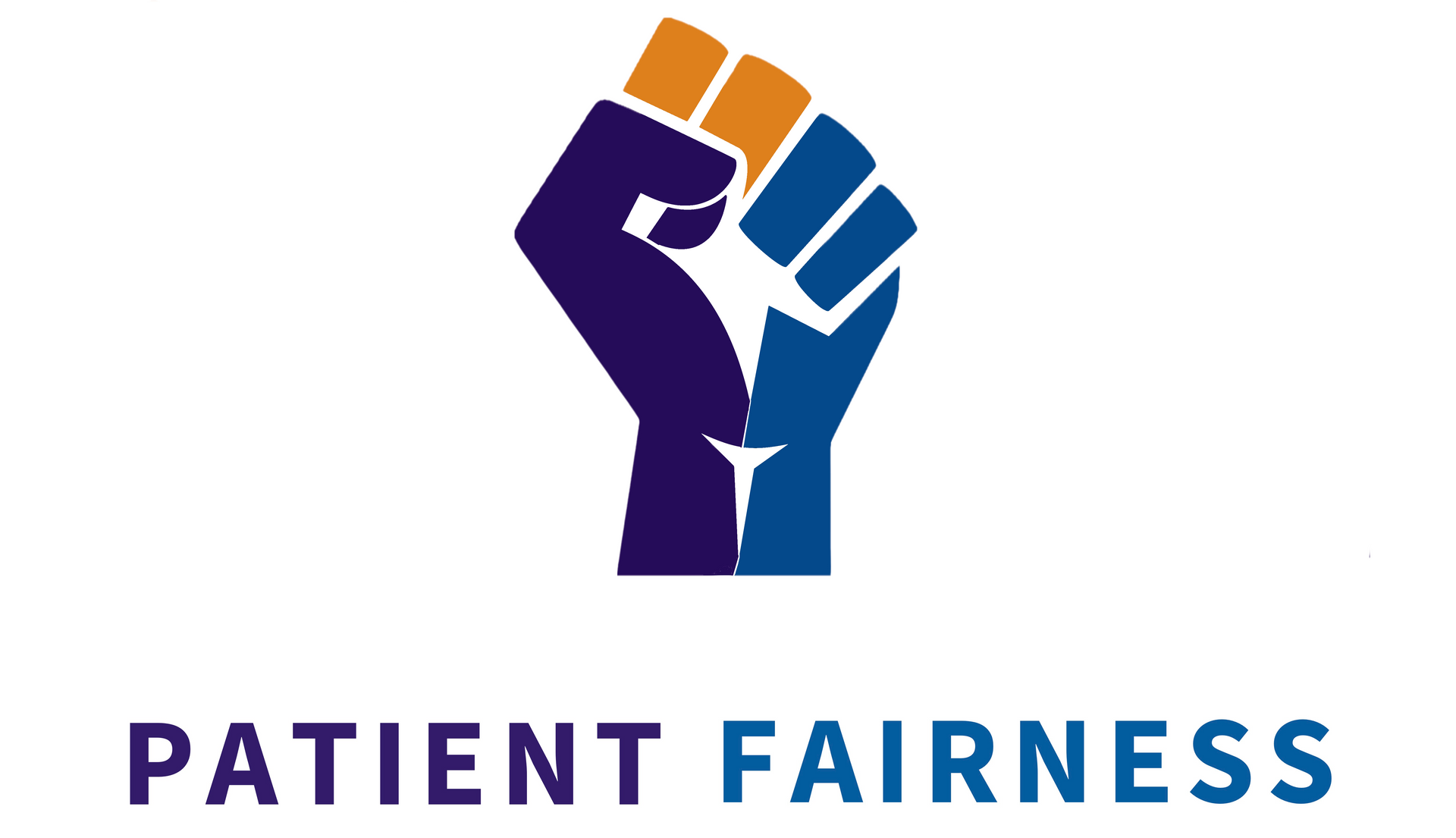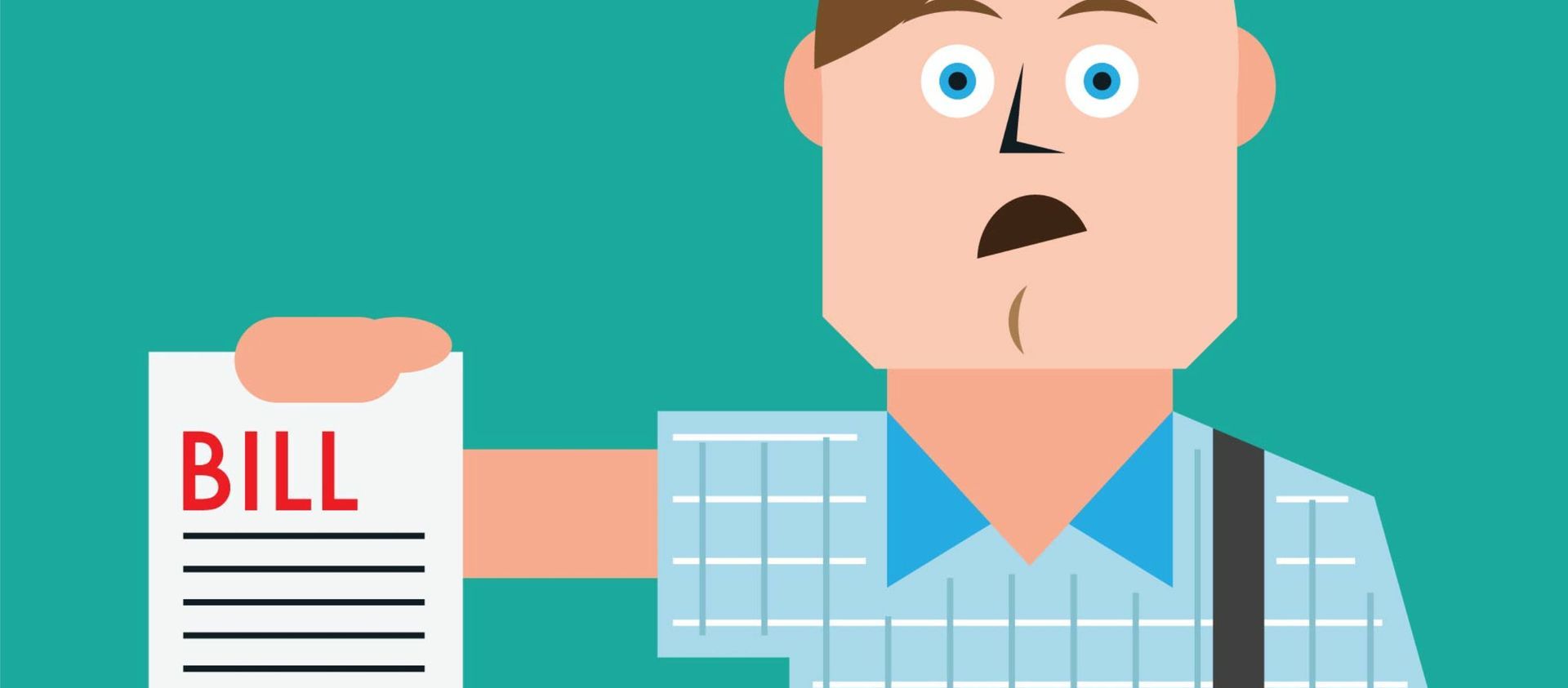Get 10% off by entering
LowerBill
at check out *
*Conditions apply.
Tips for how to prepare a Letter of Dispute for a problem medical bill
When a patient receives a problem medical bill, it’s important to notify the billing provider as soon as possible that there are questions and concerns whether and what the patient owes under the bill. A well crafted Letter of Dispute is the best way to give that notice.
Whether preparing to fight it for themselves or in support of a family member, sending a Letter of Dispute is the first step in
disputing an incorrect or unfair bill. A Letter of Dispute puts the billing provider on notice that the patient has questions and concerns about the medical bill, and that the billing provider must address those issues to the reasonable satisfaction of the patient before it can be determined how much, if anything, the patient owes. The Letter of Dispute is also important in demonstrating to the billing provider that the patient expects to be treated fairly regarding the medical bill, and that they will question or challenge aspects of the medical bill that are not fair, reasonable or legal.
After 30 years of working in health care finance and billing, Matt Ungs founded
Patient Fairness
to help patients get fair treatment in medical billing. “It can be amazing what a thoughtful and professional Letter of Dispute can do to help fight a problem medical bill”, Ungs said. “Many medical bills are issued as if the billing provider is the only party that has a say over what and how much is charged on the bill. A Letter of Dispute makes it clear to the Billing Provider that the patient is an equal party with the provider in health care transactions, and that the patient’s questions and concerns about the bill need to be addressed if the dispute over the bill is going to be resolved.”
Here are key considerations in writing and sending a Letter of Dispute.
Be Quick
Time is not on the side of the patient after a problem medical bill is issued. The sooner the better to send a Letter of Dispute after first receiving the medical bill. Ignoring or procrastinating about a problem medical bill can give the impression that the patient has no issue or concern about the bill, but is simply not paying it. Preparing and sending a Letter of Dispute promptly, ideally within two weeks after first receiving the medical bill, turns the tables so that now it is the billing provider that is obligated to address the patient’s concerns, and delays in doing so now may compromise the provider’s position in the dispute.
Be Courteous and Professional
No matter how angry or frustrated a patient may be about receiving a problem medical bill, the Letter of Dispute should be respectful in tone and content. It is of no help, and often counterproductive, for a disrespectful or overly contentious Letter of Dispute to stoke anger or insult from the billing provider. Courtesy and professionalism from the patient in the Letter of Dispute and other communications will likely aid a patient’s case should the medical bill dispute escalate to arbitration or a lawsuit.
Present Questions and Concerns Succinctly and Factually
The Letter of Dispute should ask questions and/or make arguments to the billing provider as to why the patient may not owe the medical bill, in part or in whole. The letter should ask the provider to respond to each of those questions and arguments. Engaging with the provider regarding the concerns can create a dialogue that moves the dispute towards resolution. The patient and the provider may gain a mutual understanding of the circumstances around the bill, which can lead to agreement on resolving the medical bill dispute.
Common questions and concerns in Letters of Dispute include:
- The patient did not agree to receive the services billed.
- The patient did not know in advance what services and prices would be charged, or the provider may have charged more than it said it would.
- The medical bill’s prices are excessive.
- The patient did not know that the billing provider was not in their health plan network.
- The patient’s circumstances did not reasonably allow them to assent to pay the charges as billed.
Always be truthful in presenting questions and concerns. A knowingly false statement can compromise a patient’s credibility and make it more difficult to reach a resolution with the provider over the medical bill.
Request and Share Documentation
If any questions and concerns in the Letter of Dispute regard the provider not disclosing information or failing to fulfill another obligation, the patient can ask the provider for evidence that it met the obligation. If a question or concern regards the provider sharing incorrect information, include a copy of the incorrect information in the Letter of Dispute.
Ask for a Detailed Version of the Medical Bill
If a patient has concerns about the prices charged on the medical bill, it is tremendously helpful to compare the prices charged to the provider’s actual cost and what price the provider would accept from Medicare for the same service. With access to the right tools and information, a patient can compare those prices using a version of the medical bill in a standard insurance format or sometimes in an itemized version.
Set a Time for a Response
Be sure to give a deadline for the provider to respond to the Letter of Dispute. Typically, 30 days is reasonable, although some states may require a provider to respond in shorter time frames, especially when itemized or detailed versions of the medical bill are requested. Setting a date for the provider to respond to the Letter of Dispute allows the parties to stay active in the dispute, increases the chance of moving towards resolution, and places the obligation on the provider to address the dispute in a timely manner.
How to Send the Letter
It is best to send the Letter of Dispute via certified mail, or another means which tracks delivery of the letter or requires proof of receipt by the provider. This ensures that the provider received the Letter of Dispute, and the sender has proof of such receipt.
Crafting and issuing an effective Letter of Dispute can seem daunting and time-consuming, but it is likely the most important action in fighting a problem medical bill. “A problem medical bill can feel like a dark cloud hanging over a patient’s head,” Ungs explained. “But the sooner that that patient sends a Letter of Dispute to the billing provider, the sooner that the cloud starts to disappear because the Letter of Dispute lets the provider know that there are legitimate questions and concerns about the bill, that the obligation is now on the provider to address those questions and concerns, and that the patient is not afraid to stick up for themselves to be treated fairly in medical billing.”
PATIENT FAIRNESS
Empowering patients to fight problem medical bills.
Copyright © 2024 Patient Fairness. All rights reserved | Website by Blue Ink Web



